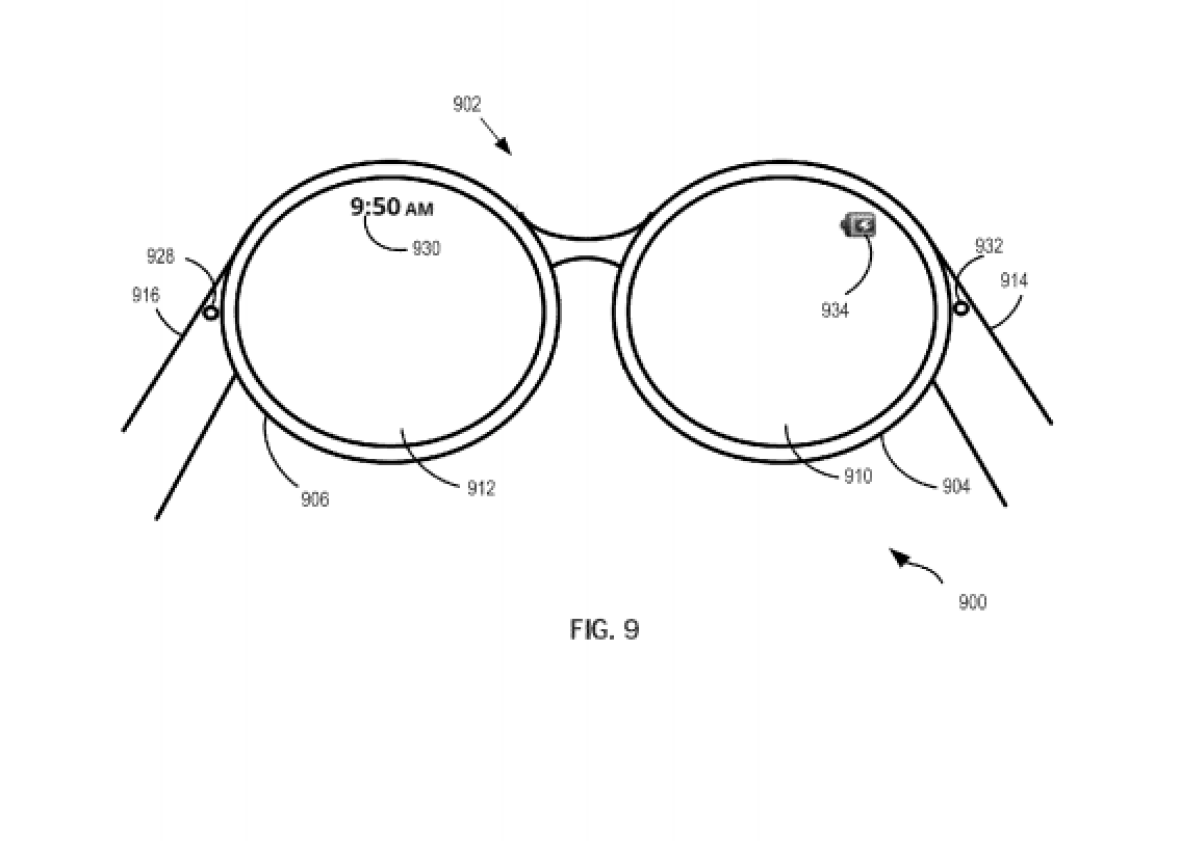Liam Foxwell is a young lawyer who becomes convinced his wife is cheating on him. What begins as a fleeting curiosity—seeing her smile familiarly at a man he doesn’t recognize—curdles into a gnawing, all-out obsession. Soon he’s spending hours each day overanalyzing that single moment, and any other moment that might hint his suspicions are true. He quite literally can’t get them out of his head: In this world, most people have a digital device implanted in their brains that allows them to record and instantly replay every single memory they ever make, essentially canceling out the human ability to forget. Liam’s escalating torment makes up the whole 45 minutes of “The Entire History of You,” one of the most memorable episodes of Channel 4’s dystopian tech drama Black Mirror. The episode’s premise, of a world in which even the most mundane memories can be stored and infinitely revisited, has unnerved many.
In a review, the A.V. Club noted that the most frightening thing about the episode is that it “centers around a piece of equipment that is horrifyingly easy to imagine catching on.” Well, here we are. The U.S. Patent and Trademark Office awarded Google a patent this week for a digital camera that records live experiences and organizes them into a searchable database for later playback. The camera mounts onto a “wearable computing device,” which would likely be Google’s troubled but definitely-already-existing Glass headset. After recording all day, the camera would store its footage online for easy browsing.

U.S. Patent and Trademark Office
The patent explains that this online index would be searchable through user queries, such as “Who were the people at the business lunch this afternoon?” or “How many books did I read in May?” One could even make queries for the histories of multiple users if they decided to share their memories with others—so a user would be able to ask the index, “Where were my friends last night?” Fans of the speculative British sci-fi show may find that all of this sounds awfully familiar, and awfully unappealing.
Of course, Google’s hypothetical memory-storing product isn’t actually the intrusive, literally-embedded-in-your-brain technology with which Black Mirror is concerned. It’s a wearable camera that users can take on and off at will, and it requires an external screen to view content. As a recording tool, it could be quite convenient. And while it’s important to remember that patents don’t always indicate exactly what a company is realistically working on, this kind of technology is right up Google’s alley: It’s famous for its quirky experiments with über-futuristic technologies that aim to make people’s lives both easier and cooler.
Just look at its history. A few months ago, Google announced its interest in making couch cushions that can remotely control cellphones and light switches. It’s also looking into a radar detector that allows people to use computers by rubbing their fingers together. At one point, the company was considering making elevators to space. For a while now, it’s been testing ways of predicting the future. And let’s not forget Google’s casual ongoing mission to radically extend human life.
So the memory camera in Google’s latest patent is actually well within the company’s regular R&D interests. But that really doesn’t make the idea itself less scary. While many of the company’s experiments dramatically improve everyday life, a device that can replay every single moment of a person’s day might not sit in that category. If “The Entire History of You” teaches us anything, it’s that the ability to forget exists for a reason: Our brains aren’t meant to have everlasting memory. No one really wants to know the answer to questions like “Where were my friends last night,” lest it lead them down exactly the sort of psychological rabbit hole that dystopian science fiction so urgently warns us to avoid.
